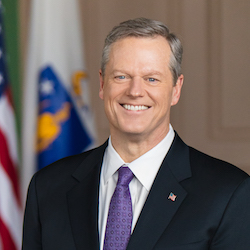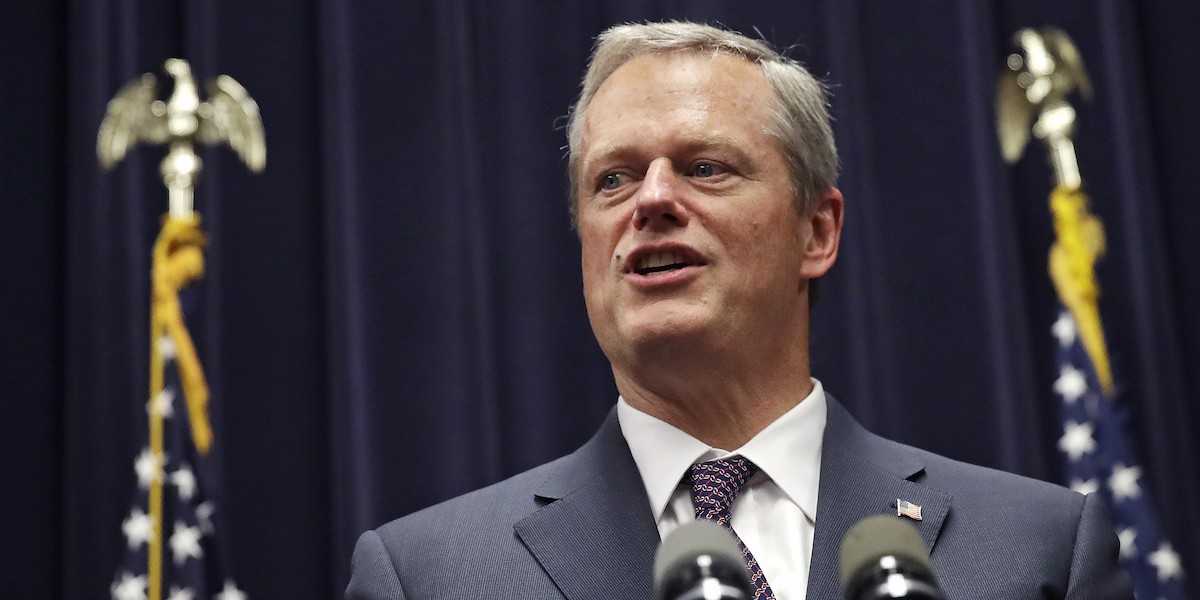
Washington, D.C., March 27 – While nationally 111,804 jobs were gained by people with disabilities, 1,014 Massachusetts residents with disabilities exited the workforce last year. Said Jennifer Laszlo Mizrahi, president of RespectAbility, “After strong job growth for people with disabilities in the state, this is a very troubling development. People with disabilities want the income and dignity of work, just like anyone else.”
The newly published 2018 Annual Disability Statistics Compendium shows there are 396,597 working-age (ages 18-64) people with disabilities living in Massachusetts. Out of that number, only 149,633 have jobs. That means the Bay state has a 37.7 percent disability employment rate. Further analysis by the nonpartisan advocacy group RespectAbility shows that Massachusetts ranks 27th out of the 50 states for disability employment. In the year prior, more than 12,000 Bay State residents with disabilities entered the workforce, part of a massive nationwide increase in jobs for people with disabilities back.
Gov. Charlie Baker, who was reelected in a landslide last November, has a significant chance to improve employment outcomes for his constituents with disabilities. He recently declared March to be Intellectual and Developmental Disabilities Awareness Month.
“For the first time in nearly 30 years, our Administration was proud to fully invest in critical programs….to help people in Massachusetts living with disabilities receive an education, get a job, live independently and have access to critical services. This year’s budget proposal adds even more money to these programs, and if approved, could help over 1,000 individuals,” said Gov. Baker. “We remain committed to making Massachusetts a leader in providing services and accessibility for youth and adults with developmental disabilities.”
“Our nation was founded on the principle that anyone who works hard should be able to get ahead in life,” said Hon. Steve Bartlett, current Chairman of RespectAbility, who co-authored the Americans with Disabilities Act when he was in Congress. “People with disabilities deserve the opportunity to earn an income and achieve independence, just like anyone else.”
A National Issue
Beyond Massachusetts, how is the workforce changing for people with disabilities? What is driving these changes? The answer is simple. According to Vincenzo Piscopo of the Coca-Cola Company: “People with disabilities bring a unique skill set that it is very valuable for companies.” He went on to add, “As it relates to employment and competitiveness in the workplace, we have to stop thinking of disability as a liability and start thinking of it as an asset.”
Brand-name companies such as JP Morgan Chase, Coca-Cola, Ernst & Young, IBM, Walgreen’s, Starbucks, CVS and Microsoft show people with disabilities are successful employees. These companies also know that these workers improve the bottom line. “People with disabilities bring unique characteristics and talents to the workplace,” said RespectAbility President Jennifer Laszlo Mizrahi. “Hiring people with disabilities is a win-win-win for employers, people with disabilities and consumers alike.”
As more companies hire employees with disabilities, conversations are shifting to focus on inclusion. “Disability inclusion is no longer about automatic doors, curb cuts, ramps, and legislation,” says Jim Sinocchi, Head of the Office of Disability Inclusion at JP Morgan Chase. “Today, the new era of disability inclusion is about “assimilation” – hiring professionals with disabilities into the robust culture of the firm.”
According to the Census Bureau, there are more than 56 million Americans living with a disability. Disabilities include visible conditions such as spinal cord injuries, visual impairments or hearing loss and invisible disabilities such as learning disabilities, mental health or Autism.
An Election Issue
Voter research, conducted by RespectAbility, shows how disability issues connect to all aspects of American life. “Fully three-quarters of likely voters either have a disability themselves or have a family member or a close friend with disabilities,” said former Representative and Dallas Mayor Steve Bartlett. “People with disabilities are politically active swing voters, and candidates should take note of the important issues they care about.”
As 2019 moves into 2020 and the political campaign season heats up, continuing job growth for people with disabilities will be a crucial indicator of the health of the American economy.

Be First to Comment